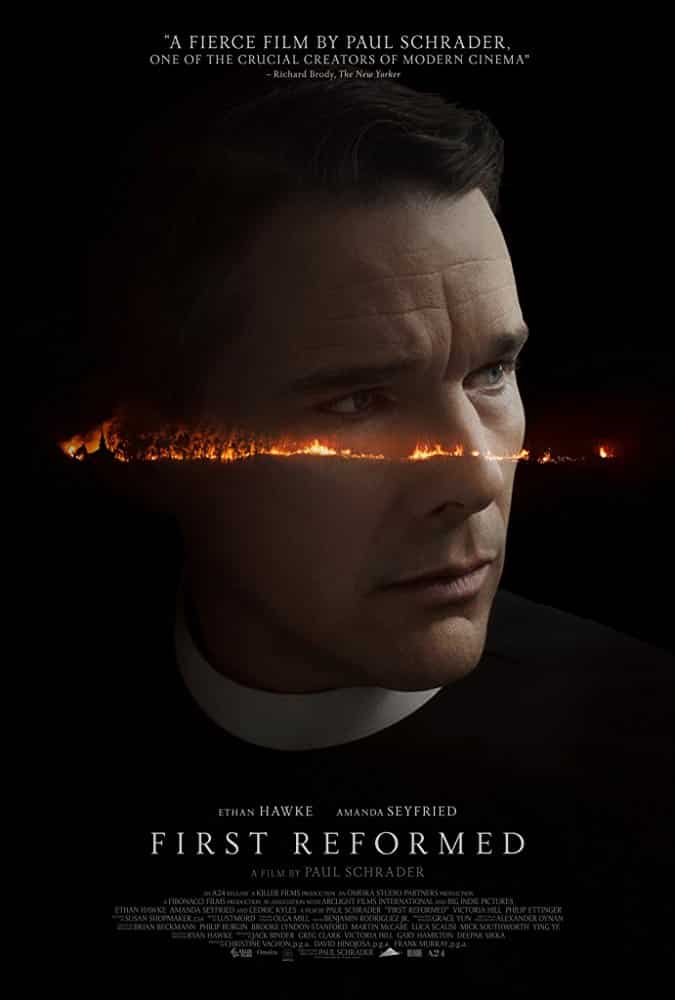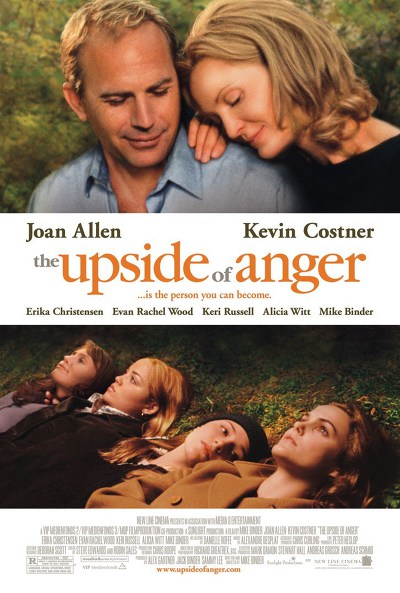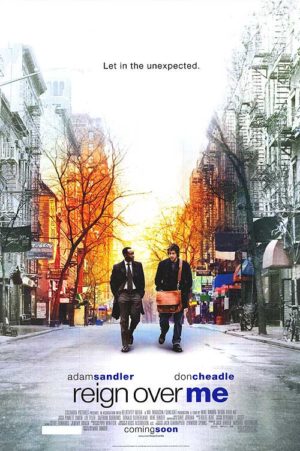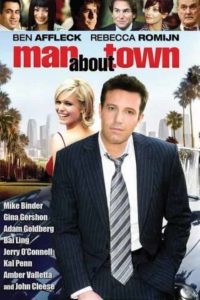The Craft of Film Budgeting
What is Film Budgeting?
Film budgeting is the skill of calculating the costs for film and television entertainment content production. This process entails generating the key financial documents which enable and guide the financial and logistical expense of an entertainment, commercial or artistic production.
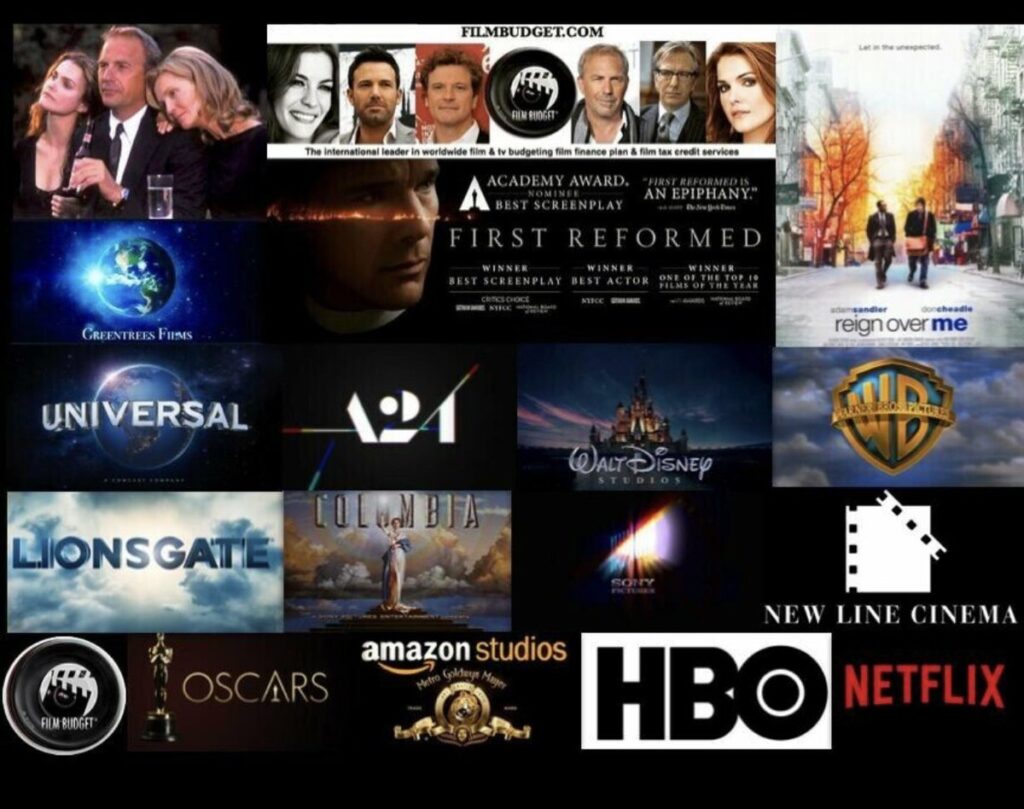
Film budgeting is critical for obtaining film financing and to launch tv pilots and tv series. For both large Major Hollywood Studio and lower indie film budgets the process entails similar attention to detail.
Film Budgeting and Scheduling
The production shooting schedule is of critical importance to the film budgeting process. The screenplay breakdown and creating the schedule for filming is a critical first step to budgeting a film. More on scheduling below.
What is Required for Film Budgeting?
Film budgeting requires knowledge of film, movie and tv series production. This can be obtained through producing entertainment content. It’s important that a producer is experienced working for independent production companies, major studios, networks, cable television, and streaming platforms.
Understanding how a film is prepped, filmed, completed, and delivered is a skillset required for successful film budgeting. Indie film budgeting and big-budget movies require similar, but different, skills and experience. A producer or line producer with knowledge all levels of filmmaking is essential to successful budgeting for a wide range of productions.
Mastering film budgeting is crucial for transforming cinematic visions into reality while ensuring financial viability. Every decision, from pre-production planning to post-production finesse, influences the bottom line. This mastery ensures that resources are allocated efficiently, mitigating risks that could derail the project.
For instance, in indie films, where budgets are often tight, the ability to creatively manage funds can mean the difference between a completed film and a stalled project. On the other hand, big-budget films demand a strategic approach to handle vast resources without waste.
In both contexts, the expertise of a knowledgeable producer or line producer helps navigate these challenges, ensuring that each stage of the filmmaking process is aligned with financial goals. This strategic oversight not only preserves artistic integrity but also maximizes the potential for a film’s commercial success.
Who Creates the Motion Picture Budget or TV Budget for a TV Series?
Film budgeting, tv budgeting, and movie budgeting financial documents are created by a producer, line producer, production manager, Directors Guild of America Unit Production Manager (DGA UPM) or production accountant. It is most often the role of the Line Producer to create the budget. However, each of these crew members are capable if experienced. Line producers are highly experienced veteran producers or production managers with many years completed working in the film and television industry.
How Does Film Budgeting Work?
Film budgeting begins with the budget breakdown of a screenplay. This craft is an intensive process of calculating the costs associated with the film or television production. A seasoned line producer uses all of their understanding of production gained over many years.
The producer creates indie film budgets, major studio, and streaming movie budgets by carefully crafting a document which contains all of the amounts of funds required to ultimately deliver the picture to a distributor. It is critical that they know what they are doing, how to do it, and how to deliver the production to a distributor.
Streamlining the Budgeting Process for Filmmakers – Tools and Techniques
Filmmaking is a complex art, and managing finances can become overwhelming without the right tools. Fortunately, filmmakers now have access to innovative technologies that can turn budget management from a cumbersome task into a streamlined process. Here’s how:
FilmBudget.com Worldwide
FilmBudget.com creates custom film budgeting by a 25 year expert, producer, line producer, and DGA UPM. Producer Jack Binder creates film budgets for The Walt Disney Company, Columbia Pictures, Lionsgate Films, HBO and many other Major Hollywood Studios and streaming film and television networks.

AI-Powered Script Analysis
AI technology has revolutionized budgeting by offering precise script breakdown capabilities. Tools like Scenechronize and Celtx assist in analyzing scripts to quickly identify key elements such as props, locations, and characters. This detailed analysis assists filmmakers in crafting an accurate budget foundation. None of these tools however can surpass the knowledge and skill of engaging a line producer.
Cost Prediction Software
Estimation tools, such as Movie Magic Budgeting evaluate potential expenses based on detailed script insights and prevailing industry standards. This enables filmmakers to anticipate costs and prepare a realistic budget, reducing the risk of unexpected expenses.
Scheduling and Resource Management
Platforms like StudioBinder enable filmmakers to create comprehensive shooting schedules. These tools account for actor and crew availability, location usage, and other logistical elements, ensuring that each shoot day is efficiently planned. Hiring an experienced line producer is the best advice however for a real, tested, and proven screenplay breakdown and shooting schedule
Resource Optimization Solutions
Effective allocation of resources is crucial for staying on budget. Software solutions offer features that help distribute funds across various departments, ensuring each area of production is adequately funded without excess.
Collaborative Platforms
Budgeting is not an isolated process. Tools such as Google Workspace and Slack allow teams to share budget data seamlessly, promoting informed decision-making and facilitating real-time collaboration among team members.
Enhancing Creativity with Automated Solutions
By leveraging these advanced tools, filmmakers can automate tedious administrative tasks, enabling them to concentrate on the creative facets of their projects. The right combination of technology and strategy allows filmmakers to maintain financial control while nurturing their artistic vision.
The Final Result of Film Budgeting
The final result of film budgeting is the cinema budget or tv series budget, indie budgets, or large movie budgets from which a production can be produced with confidence, accuracy, and reliability. Film financiers and distributors rely upon the film budgeting by the producer to guarantee successful results. Producers are vetted and trusted by those financing or commissioning the project.
What Does the Process of Film Budgeting and Scheduling Entail
The process of film budgeting and scheduling entails the producer envisioning the production mentally in advance of its physical creation. Meticulous attention to detail is utilized to ensure all manners of costs are included, the correct amounts, and time frames. The producer utilizes their understanding of physical production, talent fees, costs, film financing, and other expenditures required to account for each production element.
Screenplay Reading For Film Budgeting
First, the producer reads the screenplay or teleplay for the show. The producer must take into account the creative and the practical factors associated with the intent of the screenwriter. This process may include interaction with the director toward realizing the creative vision. A producer may read the script twice, once for a creative read and a second time for a physical production read.
Screenplay Breakdown
The producer or production manager will then create a screenplay breakdown in which they organize and categorize the particular elements of the production which are needed to be hired, rented, or purchased for the prep, shoot, and post production. A script breakdown, as it is also known as, involves analysis and documentation of all required pieces of equipment, specific personnel, and materials needed.
Each page of the script breakdown corresponds with a scene in the film, movie or television show.
Scene numbers, scene page length, slug lines, and scene description summary are included in the breakdown to identify each scene.
Production Elements
Production elements include: stunts, stunt equipment, special camera rentals, camera platforms, cranes, autos, trucks, specific picture vehicles, props, set dressing, water unit equipment, lighting requirements, locations, construction, atmospheric requirements: smoke, fog, air conditioning, heating, etc., animals and trainers, holding areas for extras, specific wardrobe, special make-up effects (FX), etc.
Scheduling – Production Scheduling and The Shooting Schedule
Once the screenplay breakdown is complete production elements are categorized, the work of scheduling commences to create a shooting schedule.
The Strip Board Shooting Schedule
Each page of the screenplay breakdown is converted to a strip (a thin 8” wide row in a strip board set) representing each scene on the board. This time honored tradition is referred to as Strip Board, and once completed the Strip Board Shooting Schedule.
Decades ago this work was created by hand, with strips inserted into a hard board with slots for the strips, hence the ‘strip board’. Computers have long since made this function easier by allowing for digital representations of this physical process.
Production Scheduling
Production scheduling can begin with all of the strips are in place. While a First Assistant Director is generally responsible for the shooting schedule during filming, line producers use their experience to create these for the film budgeting and scheduling process. This is unless the task is undertaken with the assistance of a First A.D. which can be a luxury not often available.
The producer, line producer, or production manager has in addition to film budgeting experience a solid understanding of the shooting schedule requirements. They bring all of their knowledge to arranging the strips on the board to coincide with how they understand best to shoot the film or television production.
Factors taken into consideration in generating the scheduling include economy of filming on sets, locations, studios, weather, talent availability, government restrictions, and finance requirements which might affect the order of filming.
Scenes which are set in the same location are grouped together to be filmed efficiently. Those scenes in which the lead talent appear are considered to likewise be organized with an eye to minimize their time, and cost, on set.
All of these considerations are balanced to create the schedule for filming. The amount of work to be completed each day is affected by the length and specific filmmaking, allowing for the goal of the schedule in knowing how many Shooting Days are required to complete production.
Once completed, the scheduling allows the producer to now see clearly which cast members and which production elements are required. Most importantly it can now be determined for how long each of these elements are needed affecting time and money.
Budget and Schedule
Budget and schedule work can now be refined to consider all elements and time frame for which they are needed. This process estimates the costs of the locations for filming (country, city) as well as the specific Location requirements (commercial, residential, buildings, homes, businesses, restaurants, bars, etc.)
Likewise each and every production element goes through the costing process. Crew members, rentals, purchases, and contractual costs are detailed.
Film Crew Rates
Production crew rates are determined based upon the level of the movie budget (budget thresholds) and geographic region, as dictated by local union crew rates for the area.
Film Tax Credits and Film Tax Incentives
Film tax credits and film tax incentives utilization in connection with the movie budget are taken into consideration for each purchase expense. Decisions impact the financing of the production and must be adhered to for the film finance structure to be maintained. Producers maximize the net benefit to the production for the financiers or distributors.
Movie Budget
The movie budget is the financial document financiers and distributors look to for the costs of production, arranged by accounts and categories. A Chart of Accounts is created which is numbered and corresponds with the production elements generally required. Within the accounts are Categories of items needed. Below each category are levels of Detail which further delineate the costs of production and specific expenses.
The producer goes account by account and line by line, calculating each cost and expenditure. Union or guild rules and regulations are considered and adhered to. Associated costs with each production element is likewise added (ie., shipping, taxes, permits, etc.)
Above The Line
Above the Line, known as ATL refers to costs not included as production elements nor contractual charges, and primarily represent talent: director, producers, actors and associated costs.
Below the Line
Below the Line, customarily known as BTL refers to costs associated with the production elements. This is generally the physical production costs of producing the television show, series or movie.
Production Period
Production Period refers to those costs associated with the preparation (prep) and shooting (filming or capture) of the production.
Post Production
Post Production refers to the expense of finishing the movie or tv series. This section contains all costs of post production supervision, editing, sound, music, color correction, deliverables – creation of assets which allow the distribution of the show.
Contractual Charges
Contractual Charges are calculated and described. These are costs that do not fall under production elements.
Contingency
The Contingency, is a set aside amount of funds which are attributable and only used for unexpected emergency expenditure. This is generally recognized as an untouchable, set percentage of the overall movie budget.
Completion Guarantee Bond
The Completion Bond, Completion Guarantee, or Bond, is a form of specialized insurance provided by a bonding company for the entertainment production industry. This fee is allocated to the Completion Guarantee Company as a percentage of the overall budget. The completion guarantee ensures the production will be completed and delivered for the agreed amount detailed in the budget.
Film Finance Expense
Film Finance Expense is listed as a contractual charge, if included in the movie budget. This can be a percentage of the budget or a set fee in connection with financing the picture.
The Overall Result of Film Budgeting
All of the above factors are taken into consideration in the film budgeting process. Each item is determined as necessary or not, its amount of time needed, and its cost calculated and detailed. Once completed the sum of these calculations provide the principles involved in the production the overall cost, or the movie budget, or tv budget.
Movie Budget
The movie budget refers to the overall figure calculated by the film budgeting and scheduling process used to create the film budget. The movie budget is referred to as the precise figure that emerges as the cost of the production of the movie, film, or tv series.
This can likewise be referred to as the budget when quoted as a single figure, as opposed to referring to the underlying document supporting the overall budgetary figure.
TV Budget
The tv budget refers to the budget of a television production. This can be a tv series, a tv pilot, or a tv movie for television networks, cable tv stations, or streaming services (ie., Netflix, Amazon Studios, HBO.) TV budgeting is required to convey the cost of a tv program.
Get in touch for a complimentary consultation on your production via FilmBudget.com Worldwide


